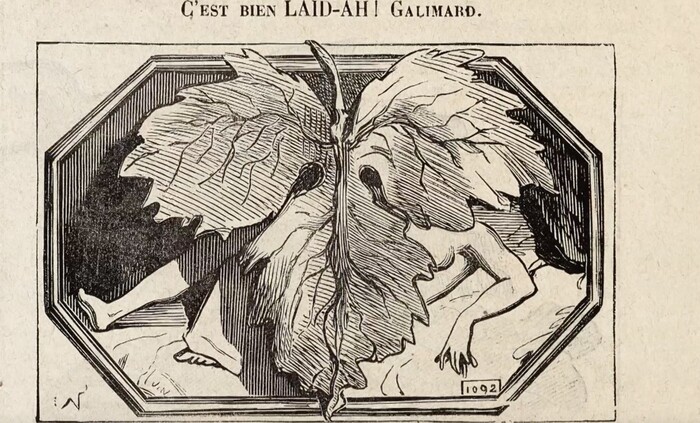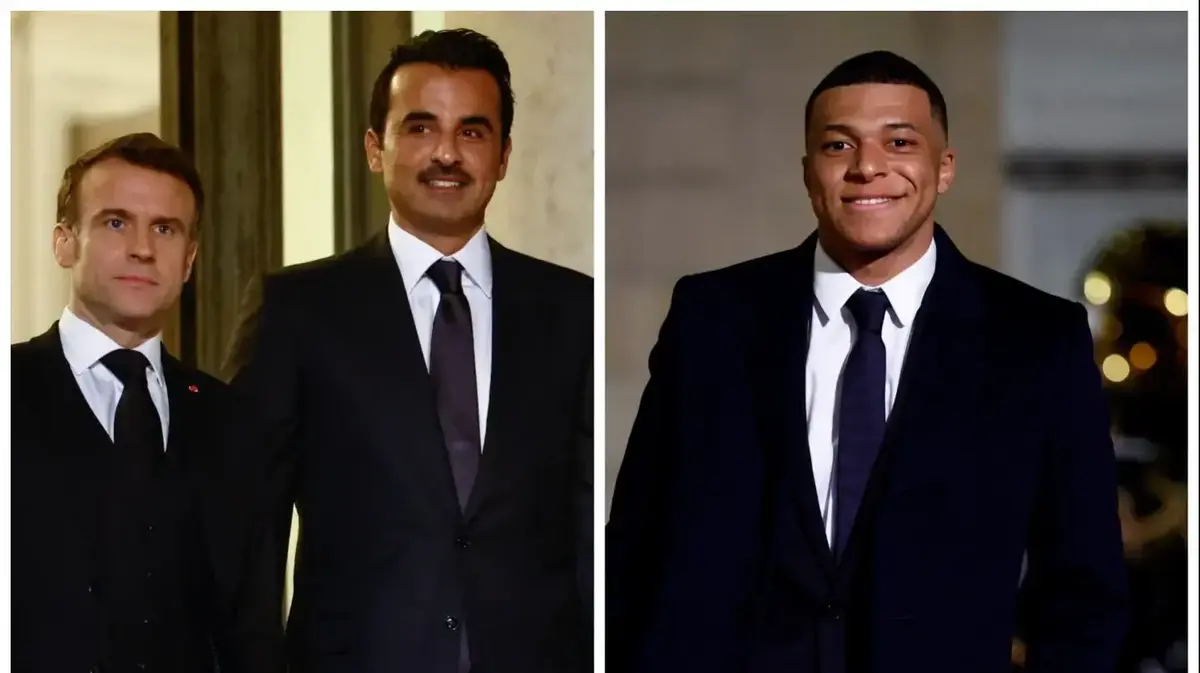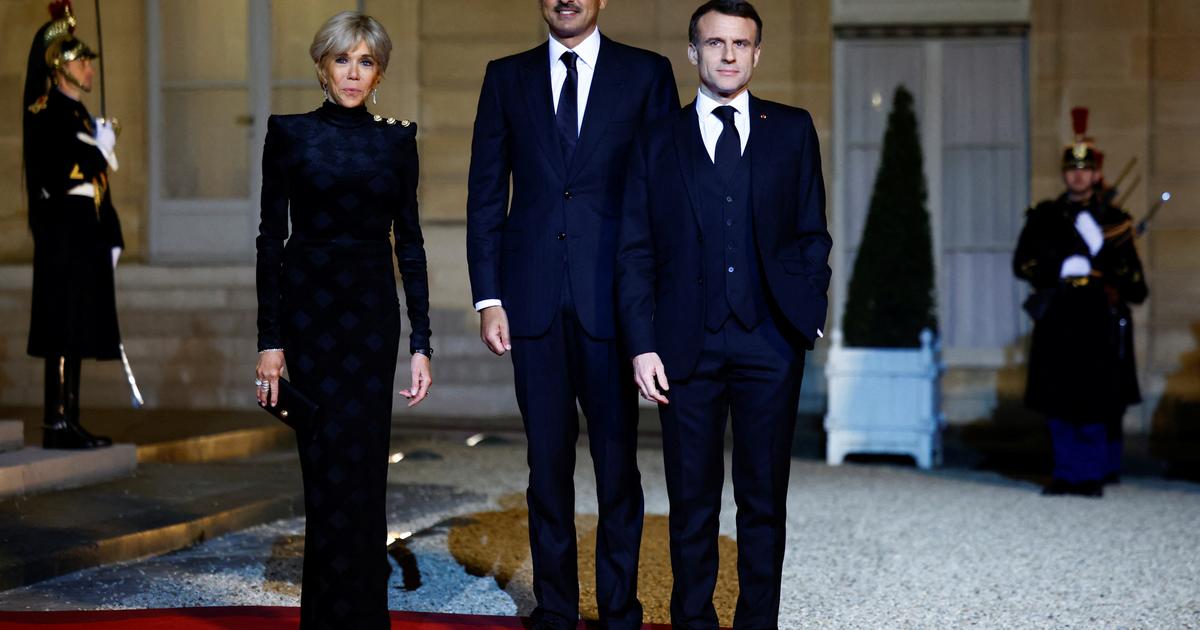The video Shaima Abdullah shows on her cell phone shows her flying. Someone shoots a ball on goal. It jumps after it, whizzes through the air - until it catches and holds it.
Shaima Abdullah is a goalkeeper. When talking to SPIEGEL in Doha, the 28-year-old wears dark glasses, no makeup. The black headscarf has loosely wrapped around her hair. "I wear hijab, but I play soccer," she says, as if to explain it.
Shaima Abdullah plays for the Qatari women's national team. She can't remember the last game, she says. It was a long time ago. And there is a problem in their story that actually gives hope but also makes them suspicious.
Anne Armbrecht
Shaima Abdullah, goalkeeper of the Qatar national football team
It is still not a matter of course that women like Shaima Abdullah do sports in Qatar. They are not equal in the Gulf Emirate. Islam is the state religion and the Sharia law. Abdullah also encounters resistance in everyday life: "Some say that women who play football cannot find a man, do not have children," she says. Some parents would forbid their daughters to do so.
On the other hand, Qatar wants to present itself in a modern way. The small country has been promoting the favor of the West for two decades with investments in education, culture and sport - also to make itself independent of oil. The World Athletics Championships were held in Doha in autumn. The Football Club World Cup with Champions League winner FC Liverpool has been running in Qatar since Wednesday. The World Cup will take place here in 2022.
The German who trained in Qatar
The image offensive also has an impact on women's sport in the country. In 2000, the Emir's second wife, Mozah Bint Nasser al-Missned, established a women's sports committee. In 2010, the year in which Qatar's bid for the 2022 World Cup was decided, a national women's team also played an official international for the first time.
One could understand that as a departure. And when you listen to national goalkeeper Shaima Abdullah talking about football, giving it self-confidence and joy like many other women around the world, it is actually a departure for her personally. The only question is how seriously and sustainably he is meant by the official side. Because perhaps Qatar's opening to women's football is just a fig leaf.
Monika Staab was the coach of the Qatari national football team for women between 2013 and 2014. The 60-year-old is a size in the industry. With the 1.FFC Frankfurt, she won the German championship four times between 1999 and 2004, the cup five times and the Uefa Cup once. After that, Staab provided football development aid - first in Bahrain, then in Qatar. The Qatari women's national team appeared to her as a national coach at the time, "like an appendix to the World Cup," Staab told SPIEGEL.
Ulli Bünger / DPA
Monika Staab was coach of the Qatari national football team for women between 2013 and 2014
The Fifa World Association has been committed to promoting women's and girls' football since 2008. Anyone who wants to apply for a World Cup without a women's program has no chance. Qatar's application provided for one, according to the FIFA report.
The World Cup 2022 was awarded to Qatar on December 2, 2010. A month and a half earlier, on October 18, 2010, Qatar's women's national team played their first international match - against Bahrain. When asked by SPIEGEL, Fifa provides an overview of 15 games played by the Qatari national team, which can be found in the Fifa archive - including games against Palestine, Syria, Afghanistan and Jordan.
The last international game of Qatar known to FIFA took place in 2014
Qatar's women's team is not currently listed in the world rankings. This applies to "inactive teams" that have not played for at least 18 months, according to Fifa. The last game of the Qatarians in the FIFA archives is a 2-8 against Bahrain. It is dated April 19, 2014.
The world association left no response to a SPIEGEL inquiry as to whether Qatar's promotion of women's football still met Fifa's minimum standards.
Monika Staab's contract as national coach was not renewed in 2014. The association preferred a man who speaks Arabic. That was the official reason, says Staab. But she had another guess: "As a woman, you mustn't be too successful, especially in football," says Staab.
Ulli Bünger / DPA
Monika Staab (left) with players from the Qatari national team: "An appendage to the World Cup."
During her time in Qatar, she also built up a U14 and U16 selection for which she recruited female players in schools, says Staab. There were regular games. When no men were watching, even in shorts and without a headscarf. Even daughters of the royal family would have played along. But that was only possible in camera.
Since Staab's departure, the program has "fallen asleep a bit," she says. Staab believes that Qatar lacks a vision and strategic direction to advance women's football in the country: "But it must also be wanted from above," she says. She lacked the support of the association.
The Qatari association has no answers
When trying to find out why this is so, one waits in vain for answers. The Qatari Football Association (QFA) does not respond to several written requests for comment. What is the current state of women's football in Qatar? And was the women's national team founded only because FIFA made it a condition for a World Cup commitment that women's and girls' soccer should be promoted? No Answer.
There is no reference to the existence of a women's team on the association's English-language homepage. The women's sports committee has at least six photos of players in the soccer section. There is no further information. There is also no response to a SPIEGEL request from the women's sports committee.
"We didn't have the impression that something was being promoted"
Pia Mann also suspects that Qatar may not be very serious about the sustainability of its women's football. The 38-year-old works for Discover Football, a non-profit association from Berlin that uses football for development work with a special focus on women. In 2017, Mann and Discover Football were invited to Qatar. There was a meal together and a training game with the women's national team there. An image video for the World Cup 2022 was shown. But when the Discover Football delegation asked if there was any perspective beyond the World Cup for women's football in Qatar, they got no answer.
"We didn't have the impression that anything was being promoted," Pia Mann told SPIEGEL. "I don't think there will be anything left after the 2022 World Cup. The sad thing is that women assume something else."
National goalkeeper Shaima Abdullah goes to training twice a week. Every now and then she trains girls in a school in Doha. Football gives them confidence, she says. At some point she wants to become a goalkeeper coach. "The first in Qatar," says Shaima Abdullah. Then she raises her hands and sighs: "Inshallah." If God wants.









